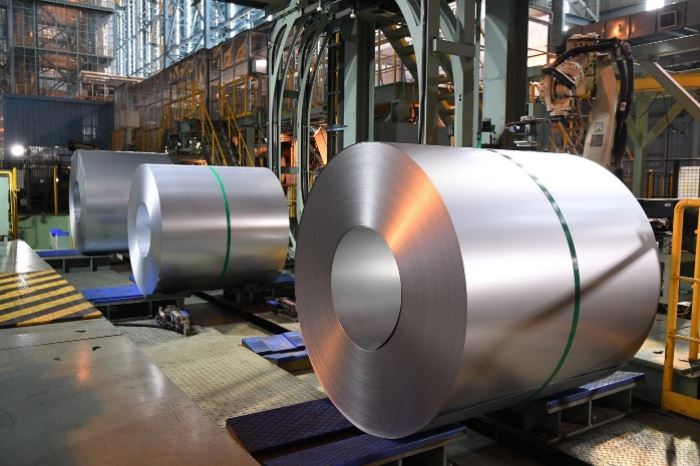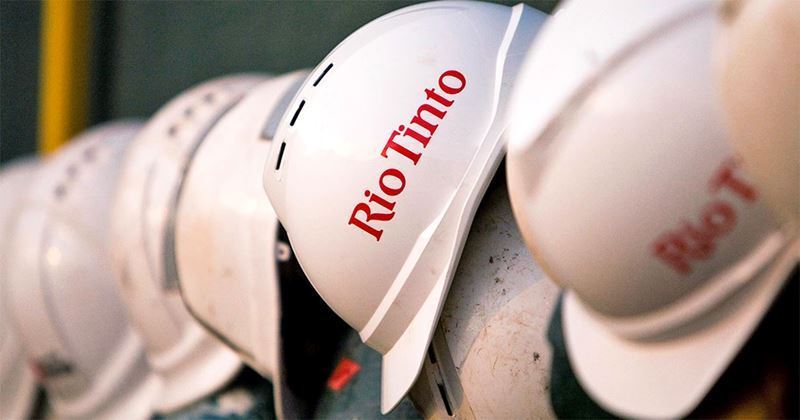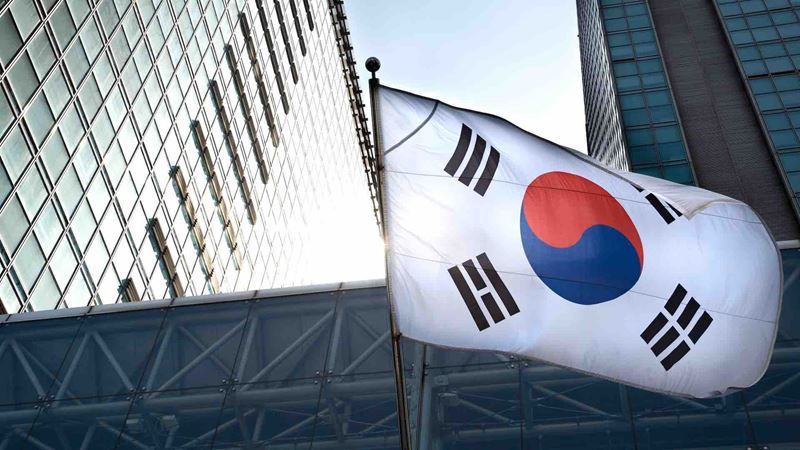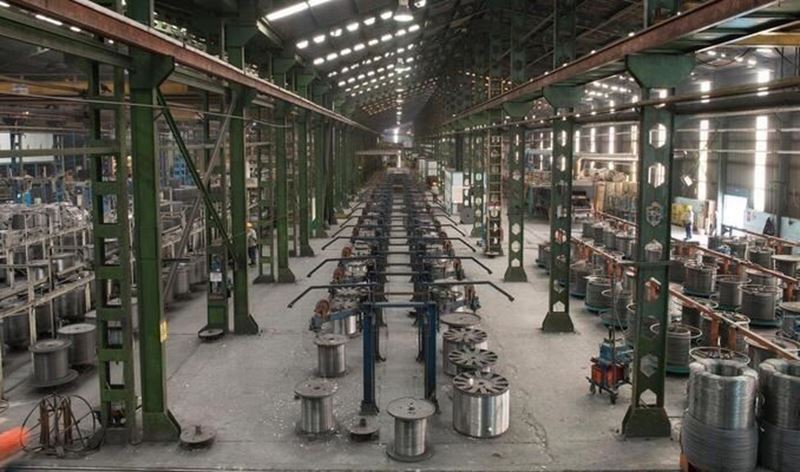Thailand's steel industry is facing increasing competition from foreign companies, particularly from China, forcing many mills to close. Despite overall growth in the sector, the Federation of Thai Industries (FTI) reported that the sector's utilization rate fell to its lowest point in seven years, reaching only 29.3% in the first half of 2024. This marks a continued decline compared to 31.2% in 2023 and 33.4% in 2022.
Market experts cite the growing presence of Chinese steel in the global market, including Thailand and ASEAN markets, as the reason for this decline. China's advances in steelmaking technology and its ability to control costs allow it to dominate the market. As a result, China's steel exports rose 24% y-o-y to 53.4 million tons in the first half of 2024. If this pace continues, China's total steel exports in 2024 could approach the 2015 record of 110 million tons, the highest level in nine years.
Thailand's steel imports from China have also increased modestly, rising 0.9% to 2.397 million tons in the first half of 2024, with Chinese imports now accounting for 43% of the country's total steel imports. This influx of cheap Chinese steel further increases pressure on domestic producers struggling with rising energy costs, including electricity and fuel.
Adding to this pressure, Chinese companies have started to invest directly in Thailand's steel production. According to FTI, Chinese firms have built steel plants in Thailand with a total capacity of 12.42 million tons. Thailand's domestic steel production is sufficient to meet steel demand, limiting opportunities for local producers to expand or grow. Industry leaders are calling on the government to restrict the establishment of additional foreign steel plants to protect the local industry from further decline. Without such measures, there are growing concerns that foreign companies could dominate the Thai steel industry.
Moreover, the Thai steel industry must seek new export markets to survive. Failure to do so could lead to more plant closures, weakening the industry's precarious position. As the industry struggles with these challenges, the need for strategic government support and market diversification is becoming increasingly urgent.











Comments
No comment yet.